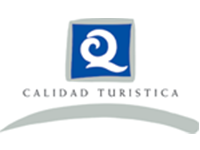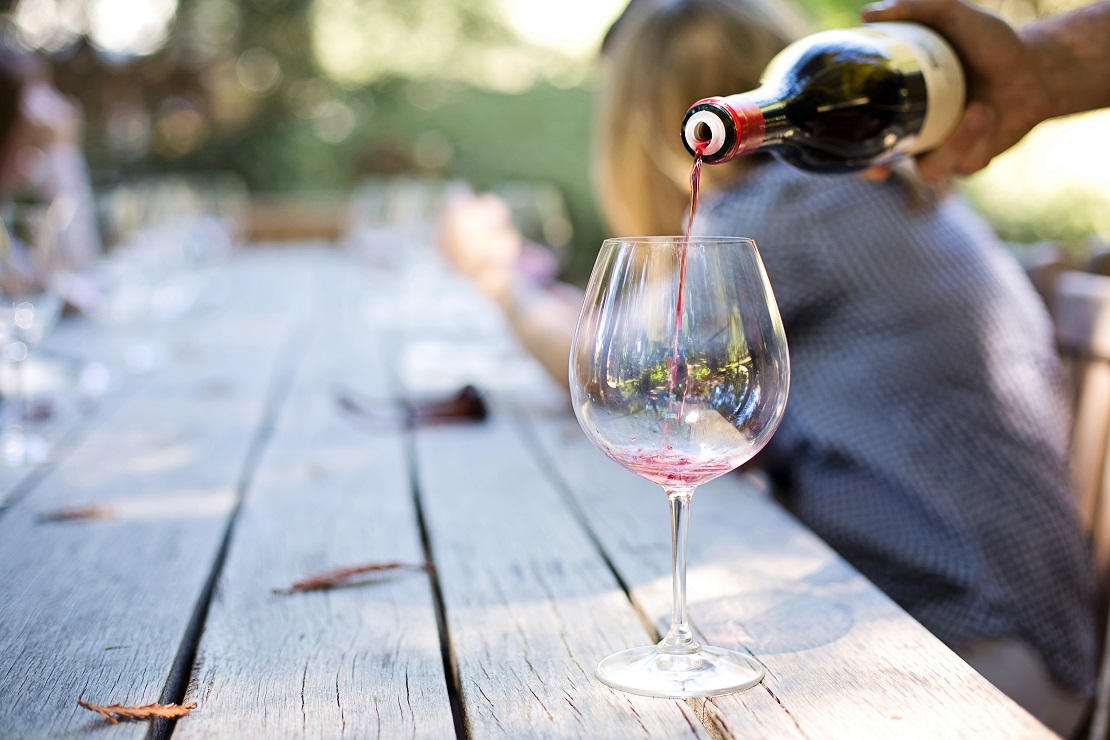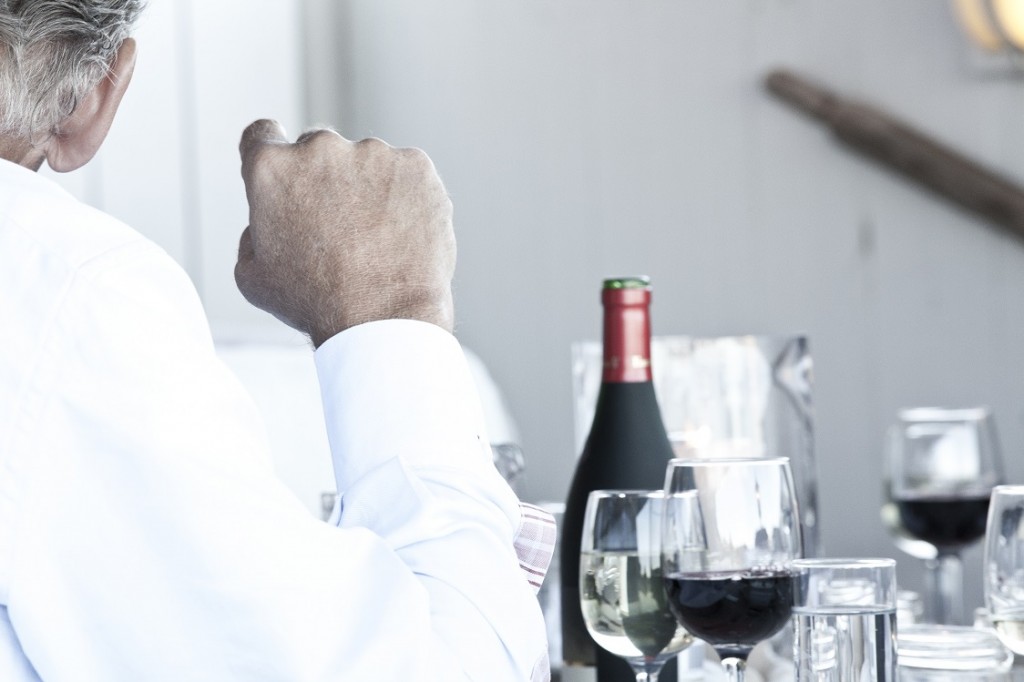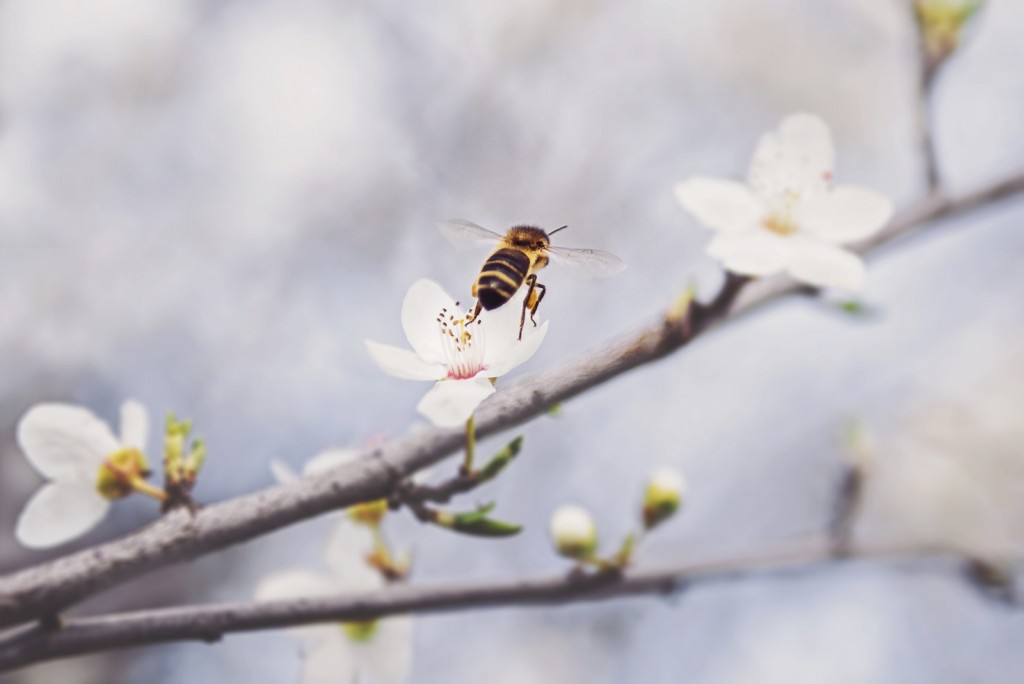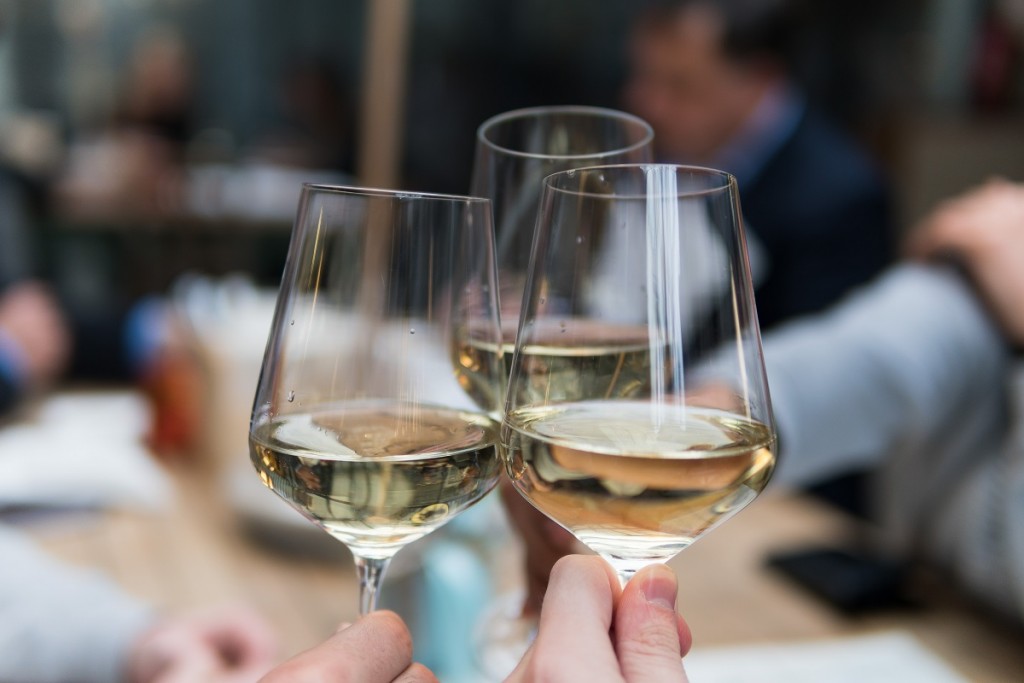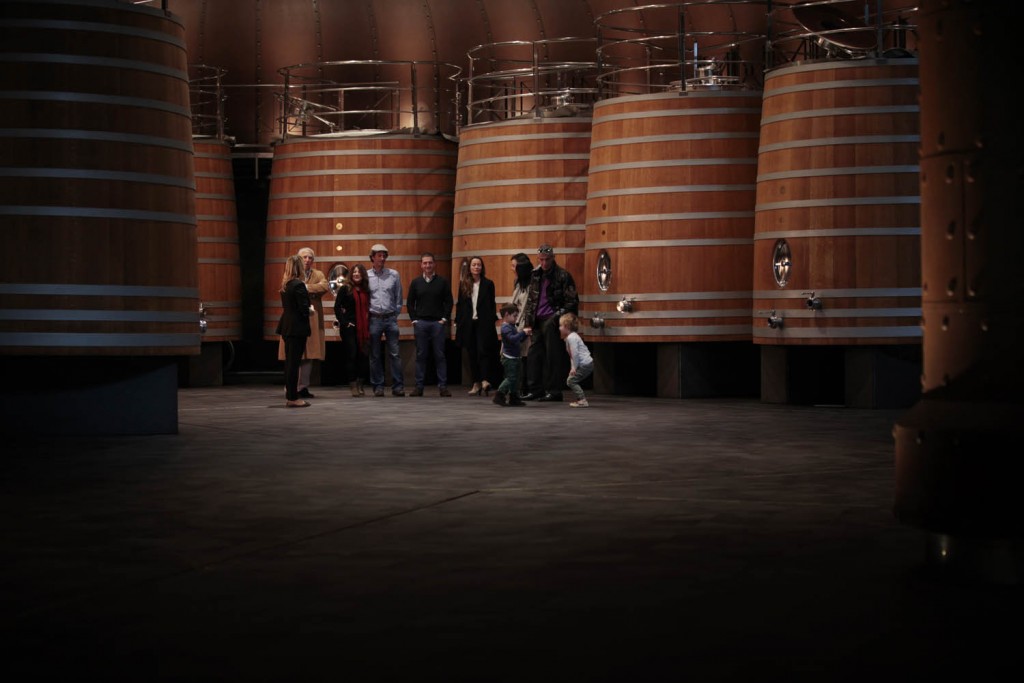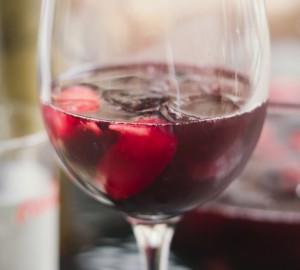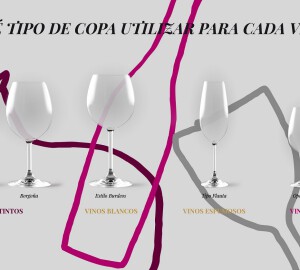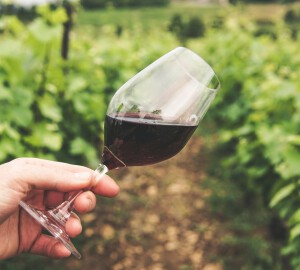We are now at one of the most eagerly awaited times of the year for wine lovers: the grape harvest . The time to pick the fruit and start the winemaking process.
Grape harvesting is a practice almost as old as civilisation itself. The earliest documented writings on grape harvesting are Egyptian inscriptions dating back some 4,000 years in history.
Wine is a world in itself. A way of life for some, a way of enjoyment for others, and a source of stories and curiosities for everyone. Today we want to delve into some curiosities, and break some clichés, about the world of wine. Shall we start?
1. France is not the country that consumes the most wine
We all think of France when we talk about wine. It is a country with a very long winemaking tradition where wine consumption is widespread among the population. In fact, France consumed, until a few years ago, the same amount of wine as the entire population of the United States. But no, France is not the most wine-consuming country in the world. It is... the Vatican! And it is followed on the list by another tiny country: Andorra. France falls to third place in the list of per capita wine consumption.
2. France is not the largest wine producing country either.
According to the International Wine Organisation, Italy is the world's leading wine producer. With 48.8 million hectolitres produced, it leads the ranking of wine-producing countries. It is followed by France (41.9 million hectolitres) and Spain (37.8 million hectolitres). A podium that is also repeated in the data provided by the Wine Institute of California, as published for 2015.
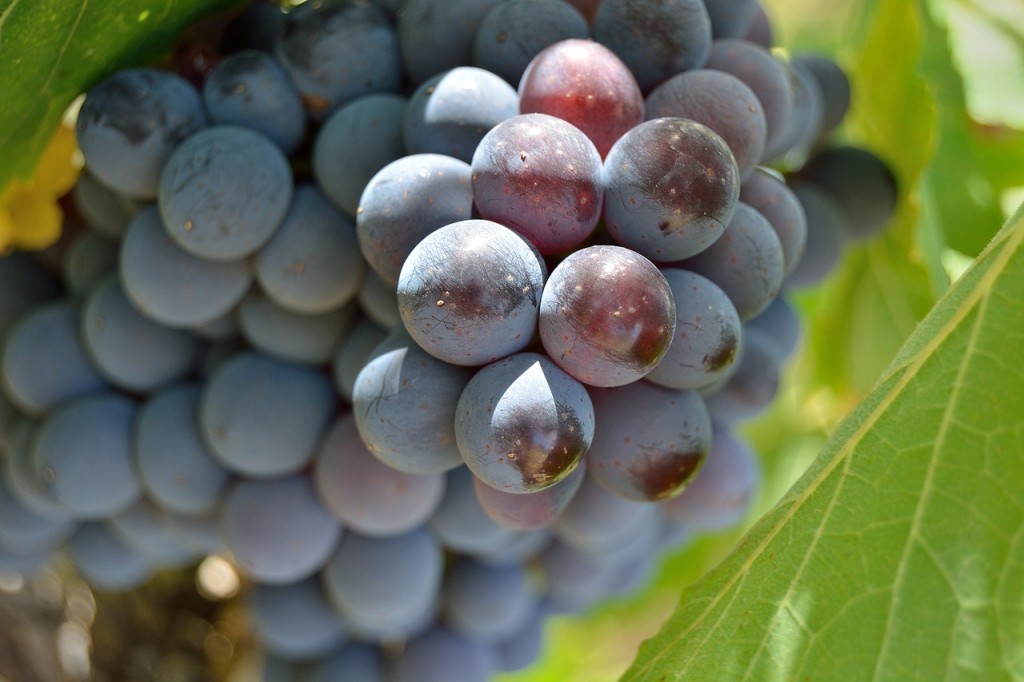 3. There is a National Wine Drinking Day
3. There is a National Wine Drinking Day
It is celebrated every 18 February in the United States. The purpose of National Drink Wine Day is to spread the love and health benefits of drinking wine .
Wine has played an important role in history, religion and human relations. And that is why the organisers of this event wanted to pay tribute to this precious beverage by organising a day that seems to be very well received in the country (the page has received 1.2 million likes on Facebook!).
4. Without wasps there would be no wine
The presence of wasps in vineyards is no coincidence. Did you know that the wine fermentation process begins in the wasps themselves? Specifically, it begins at the moment when the wasp stings the grapes and deposits the right amount of yeast inside them to start the process. Several studies have concluded that it is precisely the wasps, specifically the common wasp and hornets, which guard and transport the yeasts that give rise to the fermentation of the must to the vine.
5. The reason we drink a toast before we drink is...
Clinking glasses before drinking wine is one of those traditions we do almost without thinking. Some say it was originally intended to drive out demons. Others believe that the idea was to spill a little wine in the opponent's glass so that he could not poison him without first risking death himself. These theories are as curious as they are false. The real reason seems much simpler. Before tinkling was invented, a toast involved four senses: touch, taste, sight and smell . Thus, hearing was left out of the equation. But as the making of wine glasses became an art, people began to appreciate the fine sound generated by the gentle clinking of glasses, incorporating this routine into the toast at celebrations.
6. Music affects the taste of wine
As part of an experiment, researcher Adrian North of Heriot Watt University asked a group of people to classify various songs into specific categories. The categories could be "powerful and heavy", "subtle and refined", "spicy and refreshing" or "smooth and cool". In the second phase of the experiment, North had a second group of 250 people drink a Cabernet Sauvignon and a Chardonnay while listening to the previously classified music (a control group, meanwhile, drank wine without listening to any music in the background). Some drank their beverage while listening to Tchaikovsky's "Waltz of the Flowers" (subtle and refined); others savoured their wine to Michael Brook's "Slow Breakdown" (soft and sweet). After the taste test, subjects were asked to classify the wines into one of the categories mentioned above.
When North finished the experiment he discovered that music has a powerful impact on the way we perceive wine. For example, 60 percent of subjects who drank red wine while listening to "Carmina Burana" described their drink as "powerful and heavy". A comparatively high percentage of people described the same wine as "spicy and refreshing" when listening to Nouvelle Vague's "Just Can't Get Enough".
7. The names of wine bottles outside Europe
Most European wines are named after their geographical origin. A very famous example would be Bordeaux wine, which is produced in the Bordeaux region of France. Or in Spain, the case of Rioja wine, which is produced in the Autonomous Community of La Rioja (or in the Designation of Origin that bears its name). Bordeaux wines are of different kinds (they are made from Cabernet Sauvignon, Merlot, Cabernet Franc, Petit Verdot, and to a much lesser extent Carmenere and Malbec).
8. Some people are afraid of wine
Strange as it sounds, yes, it does happen. Some people are afraid of wine. As with other phobias, oenophobia is an uncontrollable and irrational fear, in this case of wine.
This disease is associated with metiphobia, i.e. the fear of alcoholic beverages. This is a fear of suffering severe intoxication when consuming this type of drink, which causes extreme anxiety in those who suffer from this condition. On the opposite side we would have people who have a real devotion and love for wine. In this case we would speak of oenophilia.


